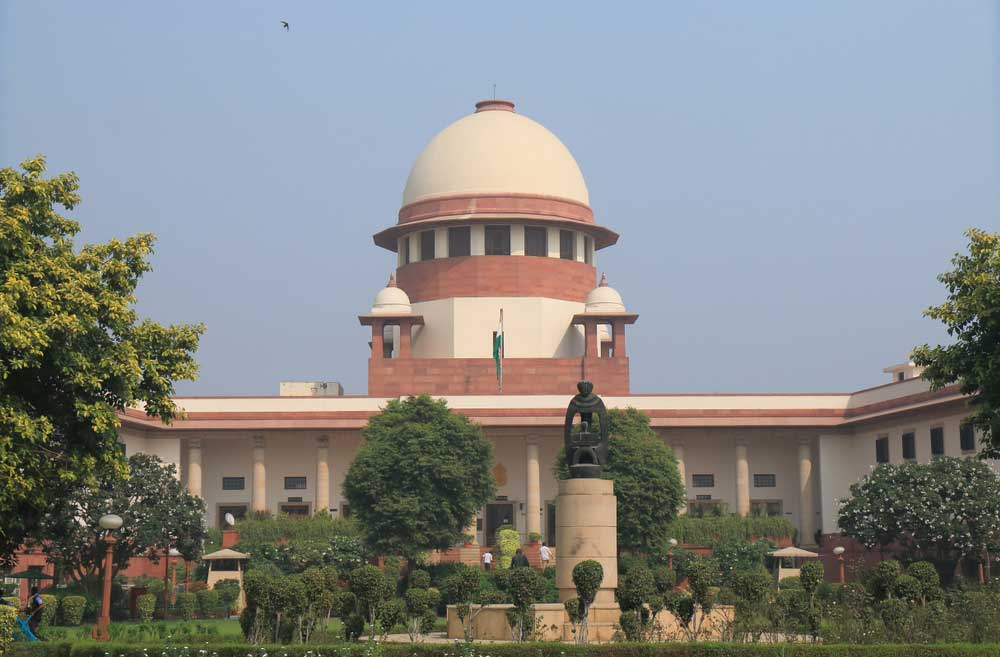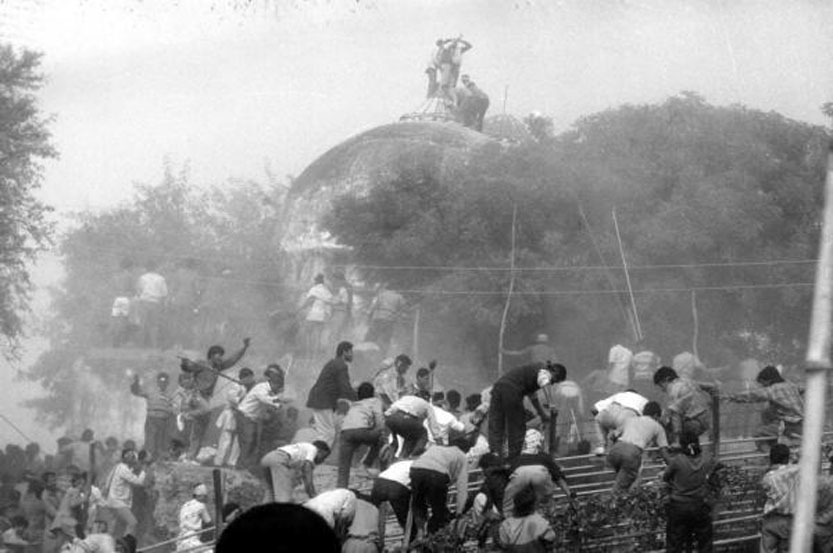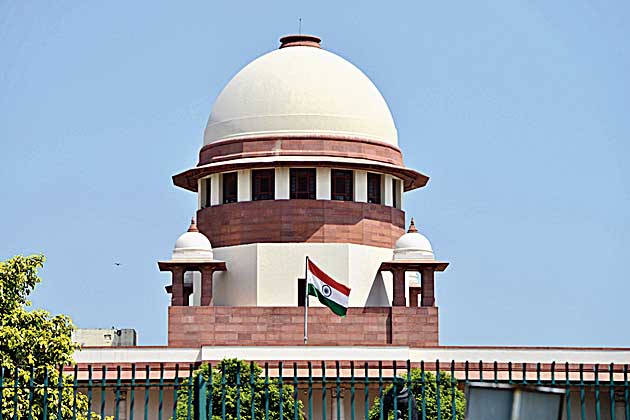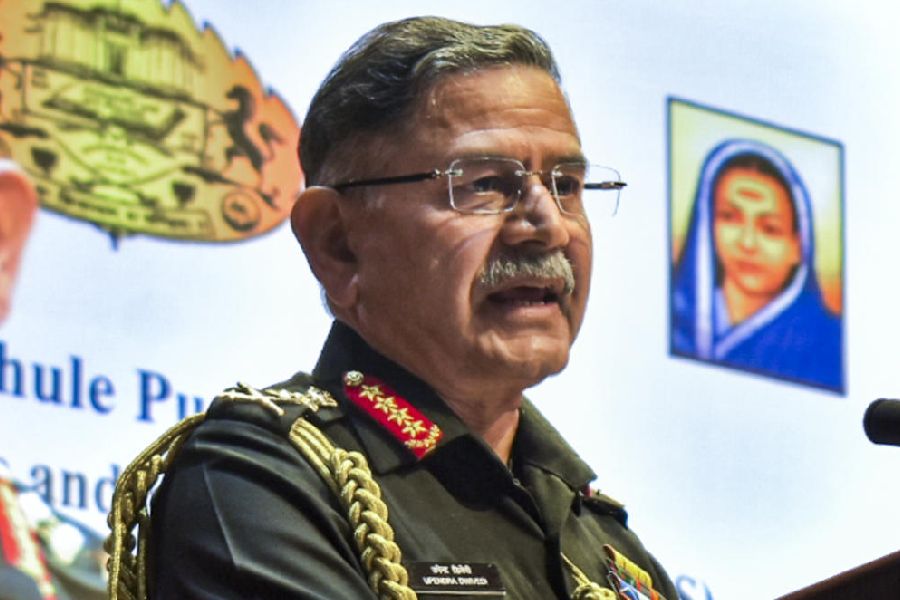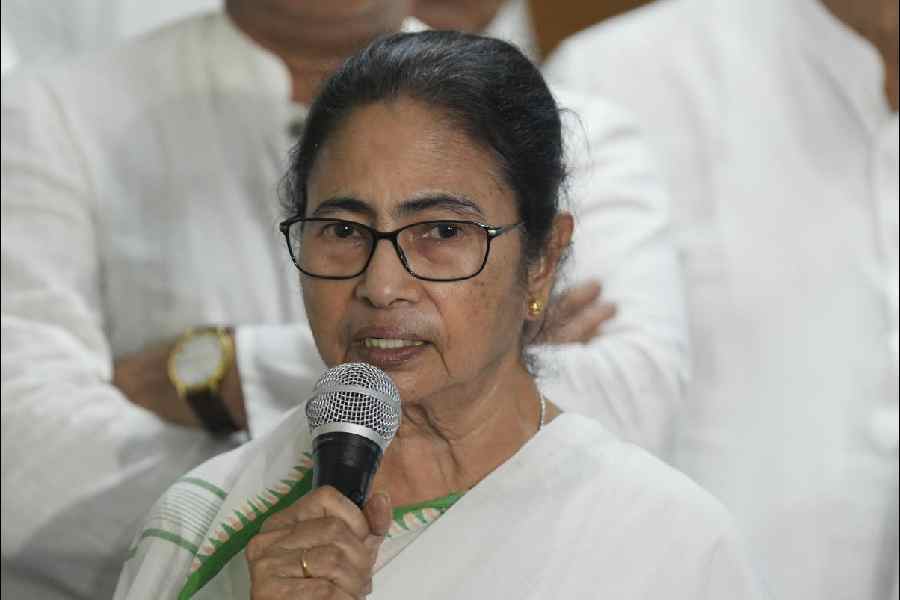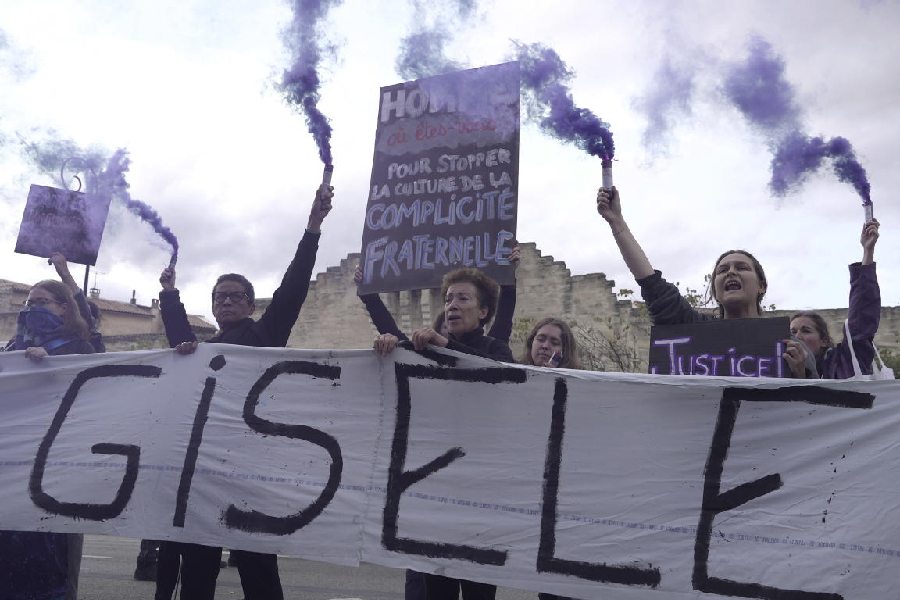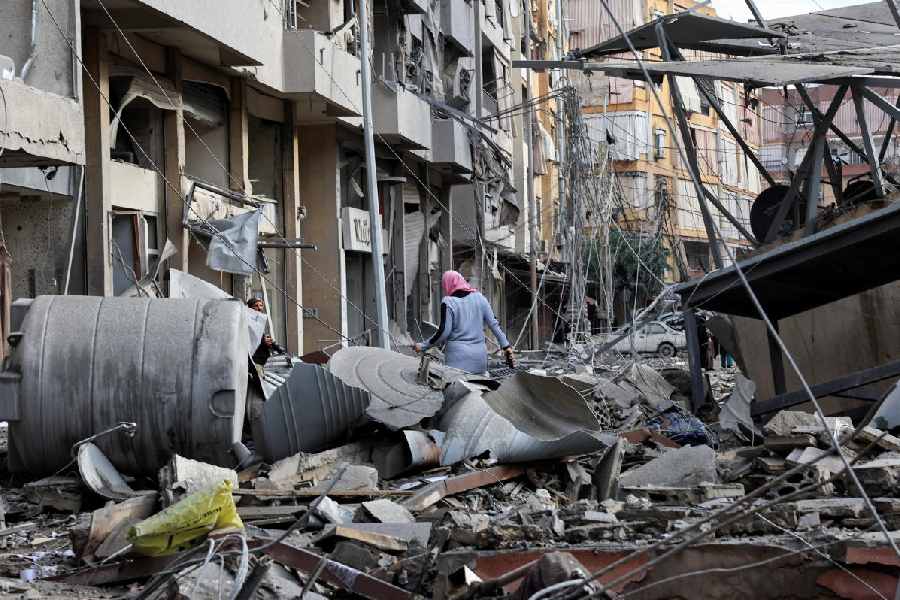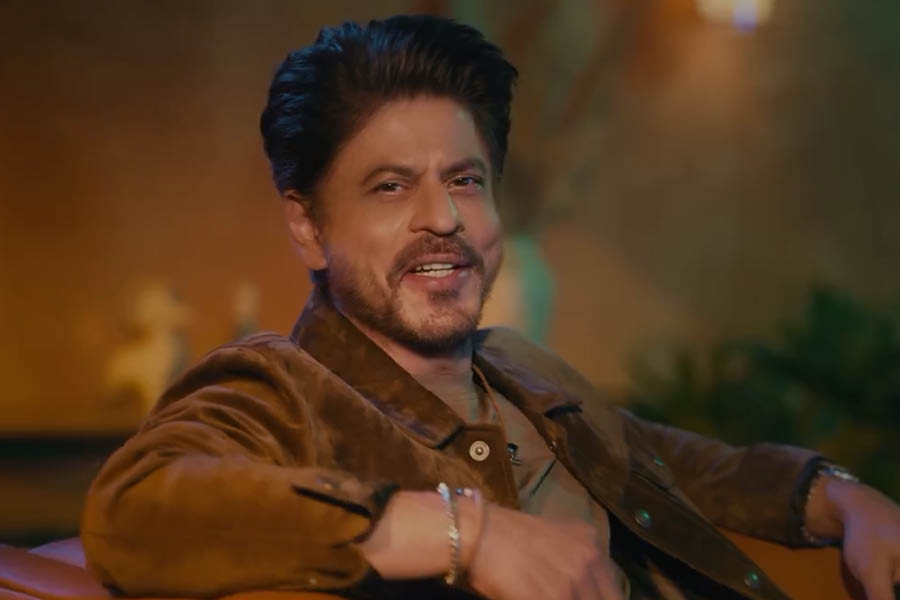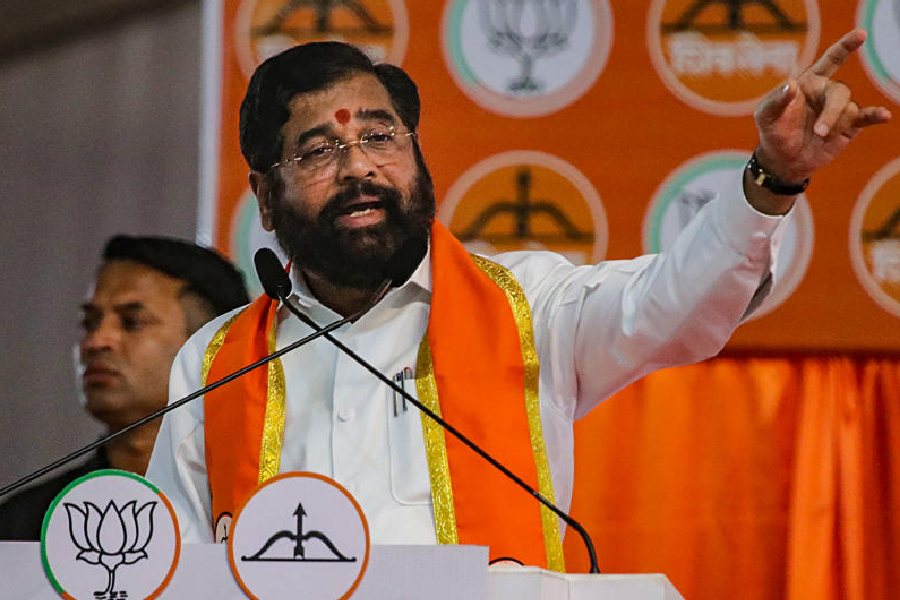The Supreme Court on Wednesday said it could not “undo” what Mughal emperor Babar had allegedly done to a Ram temple in Ayodhya or the demolition of the Babri Masjid, but indicated that it was in favour of “mediation” as it involved the “sentiments and faith” of millions of people.
While the Hindu claimants are opposed to any mediation, the Muslim groups are open to a negotiated out-of-court settlement.
The five-judge bench of Chief Justice Ranjan Gogoi and Justices S.A. Bobde, Ashok Bhushan, D.Y. Chandrachud and Abdul Nazeer reserved its verdict after the 90-minute hearing. The court will now pronounce a judgment on whether the Ayodhya land dispute should head for mediation — an out-of-court settlement — or would be heard on merit.
The court, which will close for a one-and-a-half-month summer vacation on May 13, did not mention any date for pronouncing the judgment. Sources said resolution of the matter was unlikely before the general election, which could take place in the first half of May.
Justice Bobde, the second senior-most member of the constitution bench, said the court was only trying to “undo” what existed before it today. “We also know history. We are trying to tell you that we have no control over what happened in the past, over Babar invading or who demolished (the mosque). No one can undo that. We can only undo what exists before us in the present moment and that is the dispute,” Justice Bobde said.
CJI Gogoi said necessary orders would be passed on whether this constitution bench would decide the land dispute or a “smaller bench” would do so.
“When the court is ordering mediation, we are not yet assuming somebody will give something. We think it’s not primarily a dispute over the piece of land. It’s about the sentiment or faith. Do not think we are not conscious of it or do you think that you have more faith than us?” Justice Bobde told those representing the Hindu groups.
“…We are conscious of the politics of this country, its impact on the country, its impact on the body polity of this country. It’s about minds, hearts and healing if possible. We do not really understand how it is being rejected even before it is attempted,” the judge added.
Advocate Hari Shankar Jain, appearing for the Hindu Mahasabha, and senior advocate C.S. Vaidyanathan, representing Ram Lalla (infant Ram), had strongly opposed the idea of any mediation. At the last hearing, the court had asked the parties to inform it whether they were open to mediation.
While Vaidyanathan asserted that the question of Hindus giving up their claim on Ram Janmabhoomi was “non-negotiable”, Jain submitted that under the rules the court could not compel the parties to mediate if there was no agreement.
Senior advocate Rajeev Dhavan, appearing for the Muslim claimants, said they were willing to go for mediation, but the procedure should be strictly confidential.
Jain insisted that the court could not compel the parties to go for mediation as the matter involved the “faith and sentiments” of devotees. He referred to the title dispute, saying Hindus had been in possession of the land before some suits were filed challenging their rights.
Justice Chandrachud said: “If we go through mediation how will the court bind millions of people?” He added that “desirability of a negotiated settlement, we can’t undermine that is the best possible method.”
Vaidyanathan, while opposing mediation, said the only thing “...is to find in the ongoing dispute… an alternative place for a mosque, which can be through crowd funding…”
“The judgment (of Allahabad High Court in 2010) had recorded that Ayodhya is the Ram Janmabhoomi and is the Janma Sthan (of Lord Ram), which is a matter of faith and belief. This is a matter non-negotiable. Nobody can possibly agree to some other place being the janmaboomi,” he said.
Justice Bobde said this argument too could be put forward during a mediation
Dhavan said both arbitration and conciliation required the consent of all parties, but the alternative dispute resolution procedures, such as Lok Adalats, mediation and judicial settlement, do not need that.
He cited the Supreme Court ruling in the Afcons Infrastructure Ltd Vs Varkey Construction Co. (P) Ltd (2010) case and several other cases to argue that even if the parties are not willing for mediation, the court can bind them to a negotiated settlement.
“The absence of consent for reference does not essentially effect the nature of the mediation process as the parties still retain the freedom to agree or to not agree for settlement during mediation,” Dhavan said.
He submitted that it was not necessary for the court, before referring the parties to an ADR process, to formulate or reformulate the possible terms of settlement. It is sufficient if the court merely describes the nature of the dispute (in a sentence or two) and makes the reference.
The senior advocate, however, pleaded that mediation in Ayodhya case ought to be in-camera and no party participating in the proceedings should be permitted to divulge the details.

